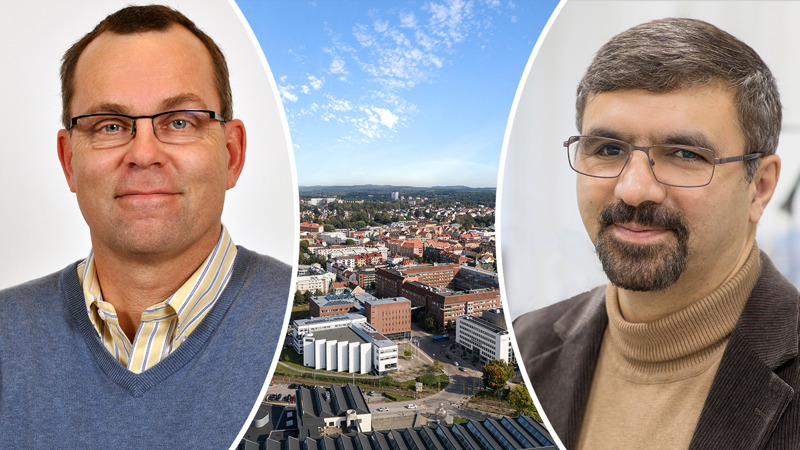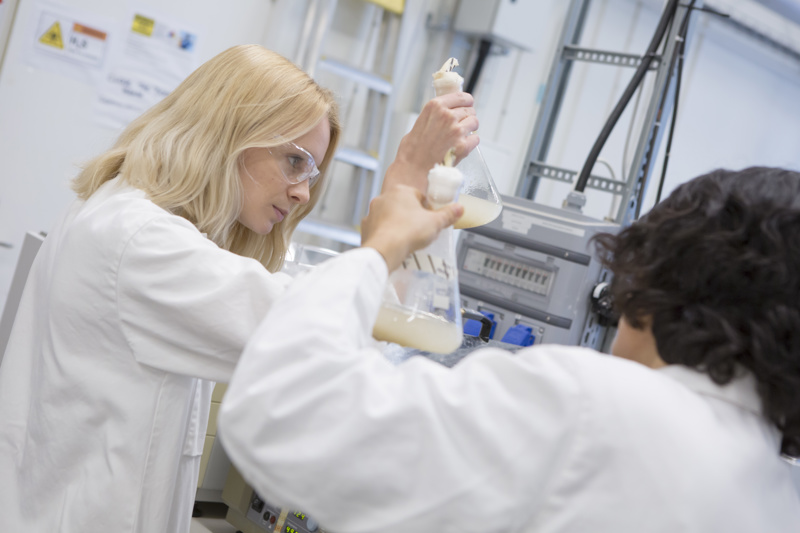Resource Recovery
The University of Borås has focused on developing research, education, and innovation in sustainable energy and material management for more than 20 years. A complete academic environment has been developed in the subject of resource recovery where education at first-cycle (Bachelor's degree), second cycle (Master's degree), and third-cycle (doctoral degree) is integrated with internationally-leading research.
The University of Borås is nationally unique in creating a research environment with a clear focus on resource recovery and sustainable development.
Our education and research contribute to several of the UN's global sustainable development goals, but especially to the following goals:
- Good Health and Well-Being
- Clean Water and Sanitation
- Affordable and Clean Energy
- Sustainable Cities and Communities
- Responsible Consumption and Production
- Climate Action
- Partnerships for the Goals

The research environment is multidisciplinary, with the following specialisations:
- Biotechnology
- Chemical Engineering
- Polymer Technology
- Textile Technology
- Energy Engineering
- Resource Management
To lead the research and the doctoral programme, there are more than twenty professors, associate professors, and other senior researchers. The doctoral programme is managed by a director as well as a Director of Studies.
Since the start in 2011, the development of the research environment has gone very well. By December 2022, 34 doctoral students had graduated. Approximately the same number is admitted to the doctoral programme, approx. half of them women and half of them men.
The doctoral programme is four years long and consists of one year of courses and three years of research. Our researchers publish continuously in scientific journals and the doctoral programme is completed with a public defence in which the work is presented and defended publically. A main supervisor and at least one assistant supervisor lead, support, and challenge the doctoral student over the course of the programme.
In order to be admitted to the doctoral education programme in Resource Recovery, the student must have a degree at the advanced level with sufficient connection to the doctoral subject of resource recovery. The proposed examiner and the proposed main supervisor make an assessment as to whether the applicant has the ability to complete the doctoral programme. The student must also have knowledge of English corresponding to what is required at the Swedish upper secondary level.
Doctoral education in Sweden is free of charge for the doctoral student. However, the doctoral student's living expenses must be guaranteed, which can be done, for example, through doctoral studentship employment at the University of Borås, employment at another university, or in collaboration through an employment at a company or public institution.
Research Area Representative
Mohammad Taherzadeh, professor
Director of Studies
Tomas Wahnström, PhD



